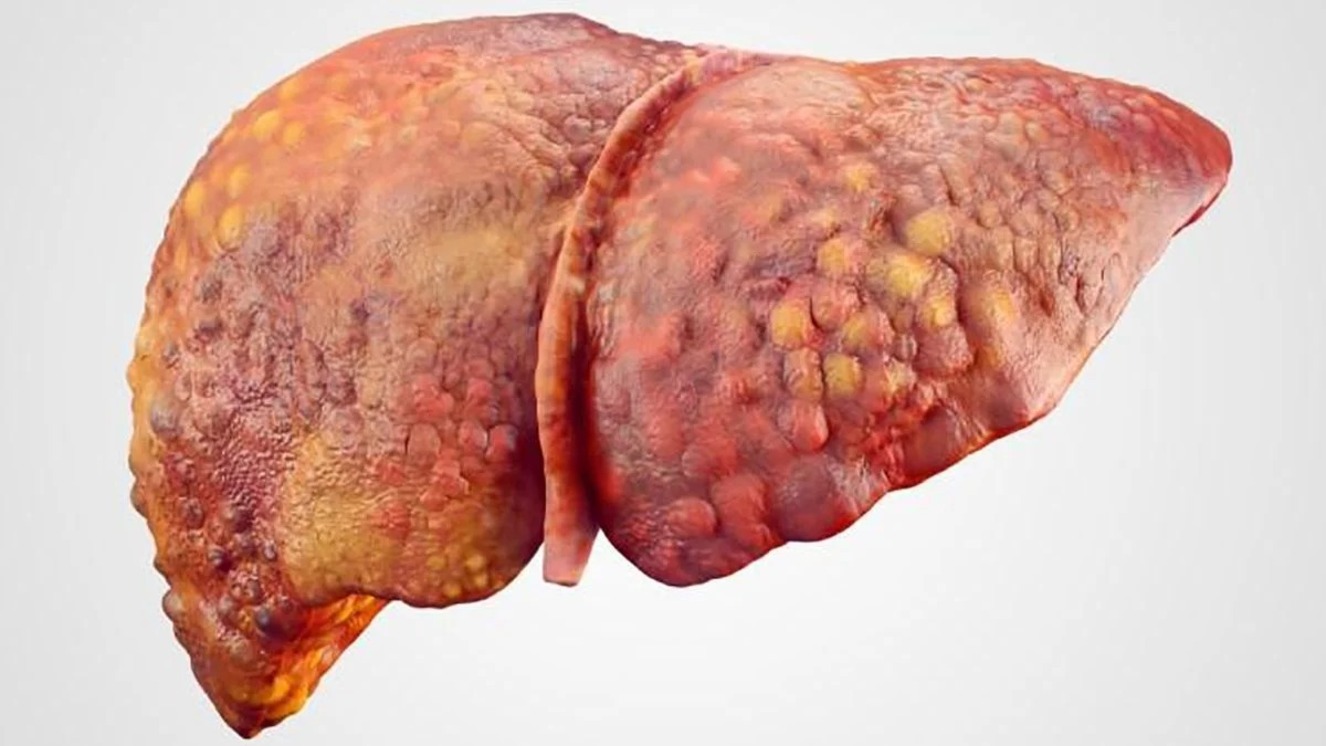
New Medical Solution for Abdominal Pain
Innovative Gut-Specific Peptides for Chronic Abdominal Pain: A Breakthrough from the University of Vienna
Researchers at the University of Vienna have developed an innovative therapy based on gut-specific oral peptides designed to treat chronic abdominal pain. This approach aims to provide a safe and effective alternative while avoiding the risks associated with opioids.
Development of Stable Oxytocin Analogs
The team has focused on creating analogs of oxytocin, a hormone known for its role in pain modulation and emotional regulation. These analogs have been engineered to remain stable in the intestinal environment, enabling oral administration and targeted action in the gastrointestinal tract.
CONTENIDO RELACIONADO
Advantages Over Conventional Treatments
Traditionally, chronic abdominal pain has been managed with analgesics, including opioids, which carry significant risks such as dependency and adverse side effects. This peptide-based therapy offers an alternative that minimizes these risks, providing pain relief without the negative consequences associated with opioids.
Mechanism of Action
These oxytocin analogs target specific receptors in the gut, modulating pain perception and reducing inflammation. Their stability in the gastrointestinal environment ensures localized and effective action, reducing the likelihood of unwanted systemic effects.
Implications for Gastrointestinal Disorders
This innovative therapy could revolutionize the management of various gastrointestinal conditions associated with chronic pain, such as irritable bowel syndrome and inflammatory bowel disease. By offering a safe and effective therapeutic option, it opens a new pathway to improve the quality of life for patients suffering from these conditions.
Future Perspectives
While preliminary results are promising, additional clinical studies are required to confirm the efficacy and safety of these peptides in larger populations. Nevertheless, this advancement represents a significant step toward safer and more targeted treatments for chronic abdominal pain.
In conclusion, the development of gut-stable oxytocin analogs by the University of Vienna provides a promising alternative for treating chronic abdominal pain, with the potential to transform the therapeutic approach to gastrointestinal disorders.










DEJE UN COMENTARIO:
¡Únete a la discusión! Deja un comentario.